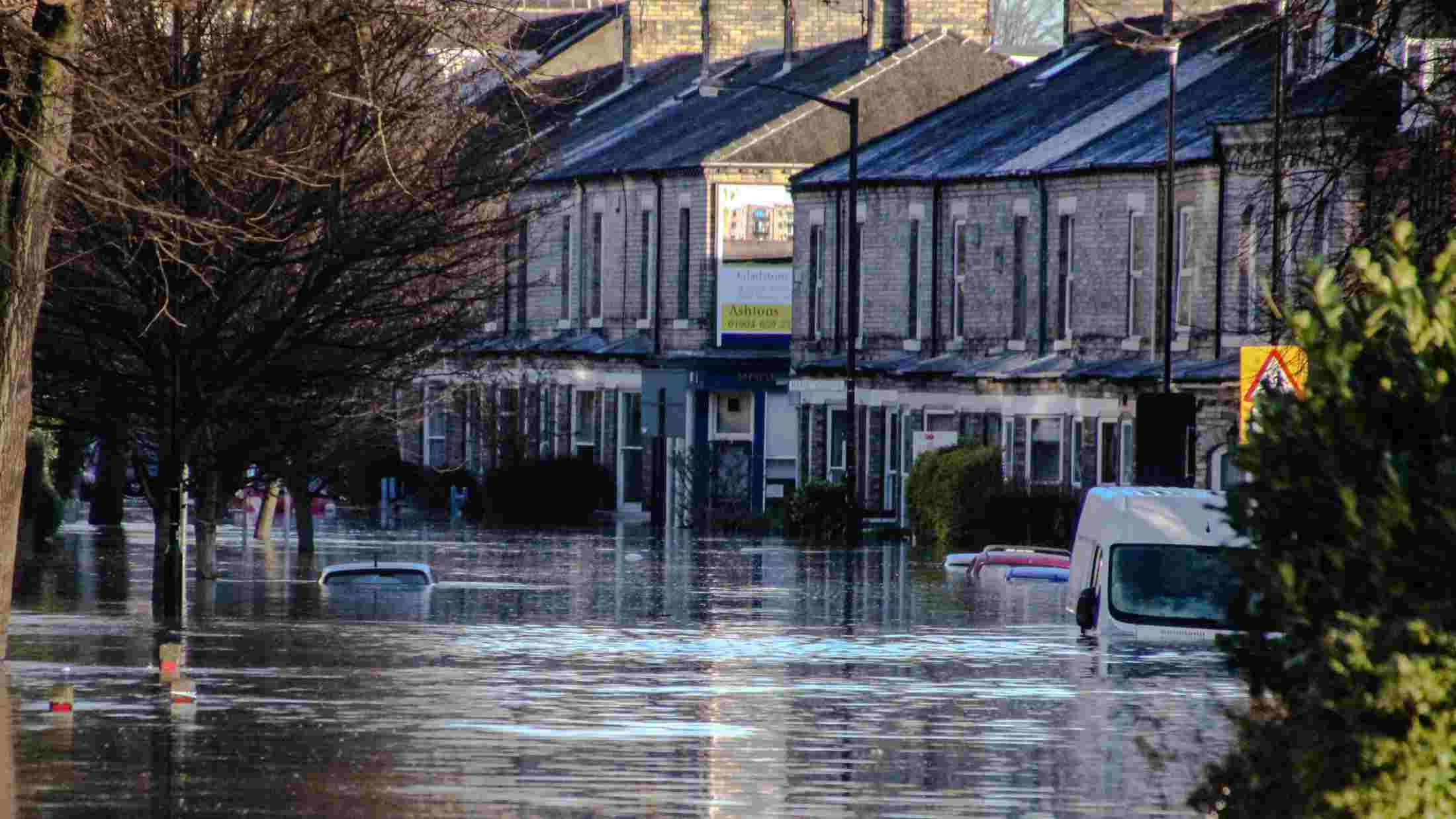When things go wrong, it can seem like a mad scramble to get your hands on the things you urgently need.
But if you have your essential equipment and phone numbers to hand, you can save a lot of time when time really matters most.
Have an emergency kit
You'll thank yourself in a crisis if you have maintained a go-to kit of emergency items. Most of us have these things anyway, so it’s just a question of making sure they’re easy to get hold of.
Torches (with batteries) are essential. If you have a multi-storey house, keep torches on each floor and periodically check that they’re working.
Broken window? Have duct tape and plastic sheeting ready (cardboard is fine in an emergency, but typically it will be raining when your window breaks). Plastic sheeting and bin bags are also handy materials to have to hand in a flood.
Keep an emergency toolkit stocked with items such as a hammer, screwdriver, cutters and a wrench. Set up an easy-to-grab emergency first aid kit, like the ones we keep in our cars.
Different locations have different needs: for example, if your area is prone to flooding, keep sandbags ready-made in your garage. If you experience regular power cuts, a battery-powered phone charger keeps you in touch with the world.
Buckets are brilliant – to use for everything from bailing out water to carrying equipment. Plus, you can use them as a portable container to store your home emergency kit.
Keep a list of handy numbers
When there’s an emergency, you really don’t want to be googling essential numbers. Enter them onto your phone, and keep a waterproof paper copy.
Whose numbers might you need? A reliable emergency plumber, gas safe engineer plus a 24-hour locksmith and glazier are essential, along with the water company and your electricity provider, in case you need to report a problem. Your insurance company is the next port of call (and make a note of your policy number as well). AXA’s domestic helpline is available at any time for help in getting emergencies at home sorted out fast.
Other useful numbers include the school, everybody’s work numbers and your GP. It's also worth finding the number of a local hotel (plus boarding kennel and cattery), in case you need to move out for the night.
Preventative action
As well as having emergency items and numbers ready, there are measures you can take to lessen or prevent the impact of an emergency.
What’s the weather forecast? If there’s an extreme weather front coming in, get ready. Your garden furniture may not seem that important: you'll feel differently if it crashes through your patio door. Remove or tie down movable outdoor items before the storms hit. Make sure fences and gates are secure, and doors and windows are shut.
On flood alert? Are pets and vehicles safe? Move valuables and sentimental items upstairs. Follow the government guidelines here.
Keep on top of things. Check the roof regularly for loose tiles or blocked gutters, and check your smoke and CO detectors.
And finally, make sure you have home insurance – so if the worst does happen, you have the reassurance of knowing that everything’s covered.












